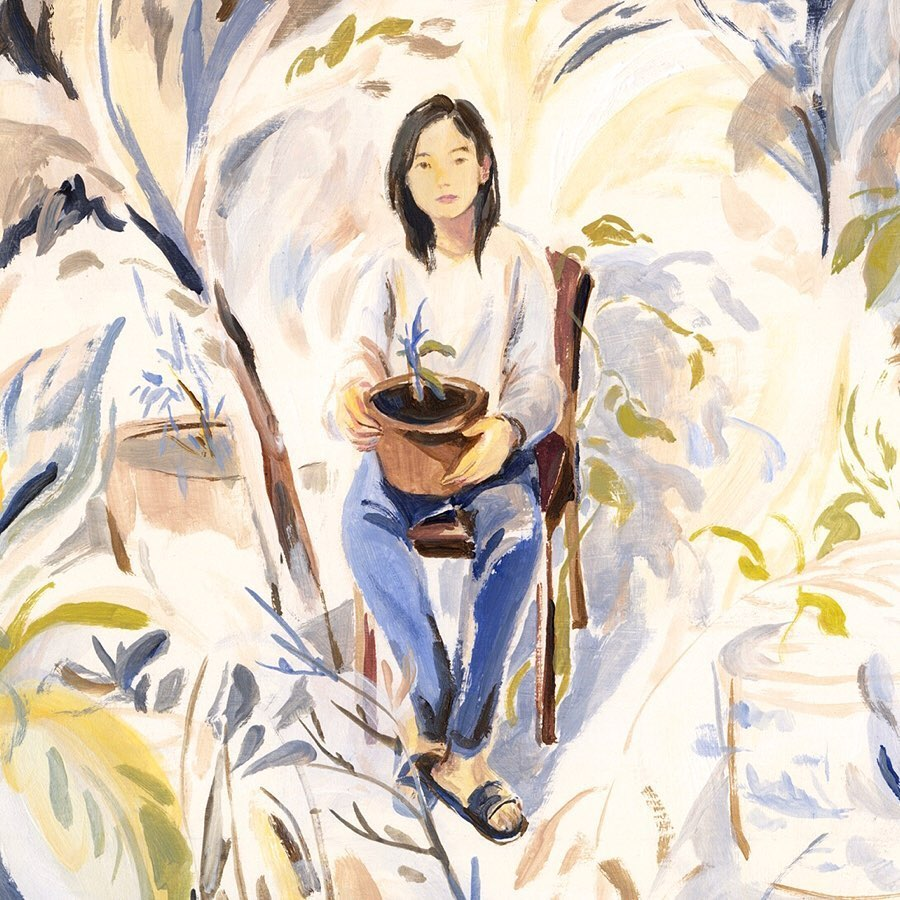
This past year of the pandemic, we’ve all learned a thing or two about unpredictability.
Think of a recent time when you had a plan that didn’t work out, or for some reason it was hard to even make a plan. Nothing too hard or traumatic – just a bearable instance of uncertainty.
Now do a quick body scan. Close your eyes, feel the ground and your breath. Think about that time when your plan fell through or you couldn’t plan. What do you notice in your body?
Tightness, nervousness, heaviness and numbness are some examples of what it can be like for us when we experience unpredictability. It can produce a feeling of groundlessness. It can be unpleasant.
The pandemic has certainly amplified what was already the universal human condition—that we can never know what’s coming. And that’s always uncomfortable.
So how do we relax and find the ground again when we remember that there is never any certainty except for change?
It can be somewhat simpler than you might think. These 3 tools can be a bit of an antidote.
- Focus on feeling your connection to the ground
Take a moment to feel the sensation of contact with the ground right now. What do you notice?
Contact is always there, gravity is always there, and the weight of the body creating deep pressure in the joints as we press against the ground can be regulating to the nervous system when we do it mindfully. If this feels effective for you, you can do this any time—just consciously bring your awareness back to the ground. - Self-compassion
Maybe you think, “I don’t have time for self-compassion, I have real problems to fix,” or “self-compassion will never work for me.” This is how it was for me until I started listening to the teachings of Dr Kristin Neff, a psychologist and researcher who is our foremost expert on self-compassion, and I realized it was actually really simple and can be revolutionary.
Self-compassion can be like a universal key that unlocks a lot of doors in the array of challenging experiences we might seek support with. Because it allows us to really be here with whatever is here. It enables us to truly tolerate hard things. And for me, the feeling comes that I’m not really tolerating it alone anymore.
So let’s try. Bring that memory about a failed plan into your mind again and feel it in your body. Now, bring your hand to your chest and say internally, this is hard right now. That’s self-compassion. What happens for you?
- Focused Looking
Looking itself regulates the nervous system! As an art-based mindfulness teacher, I want to shout this from the rooftops. It’s so healing and pleasant and simple!
In the healing field of Somatic Experiencing, this practice is called Orienting. You can do it anywhere, any time, with whatever is present—not just art. I do recommend choosing stable or slow-moving objects.
Our visual perception is hard wired into our safety monitoring system—the nervous system. (That’s the one that regulates when we rest, digest, and heal and when we fight, flight, or freeze.) The simple act of focused looking actually slows the respiration and heart rates and secures us in our sense of safety.
I find I have to consciously focus my eyes. If I’m lost in thought or restlessness or worry, my eyes tend to go into soft focus and then I don’t feel present. But as soon as I realize that and bring myself back, mindfully focusing my eyes on what’s here, I’m present again and feel grounded.
Try it. Look around the room right now. Consciously focus your eyes on a tangible, nonmoving object. What do you notice about how you feel?
The common thread with all of these is that they’re easily accessible any time, anywhere, but to be able to get the medicine out of them, we have to use them consciously.
And if that makes you worry “but I’ll never remember,” just set the intention to remember, and take time to really appreciate every time that you do. Your remembering will grow.
As my teacher Tara Brach says “mindfulness is about forgetting and remembering, forgetting and remembering” and the aspiration to remember really does help a lot.